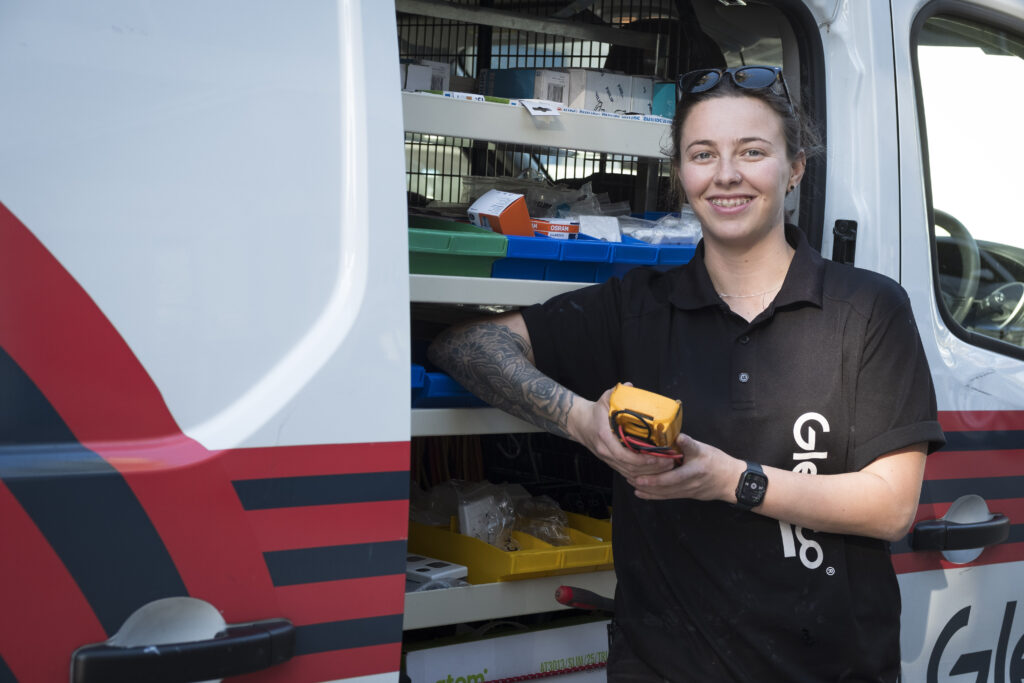There is nothing more tragic than having an electrical emergency aggravated because the people who were there didn’t know what to do or did things they weren’t supposed to. Although there are medical personnel and 24-hour electricians in Sydney who can immediately answer your emergencies, until they arrive, there are things you should do and should not do to keep matters from getting worse.
What To Do
• The first thing you should do is contact an emergency medical personnel and your local electrician to help you.
• In an event of electric shocks or wiring issues, turn off the main power supply to prevent any further damage or complications.
• During outages, unplug all electrical appliances but leave at least one light switch on so you’ll know when the power is back on.
• If someone has experienced an electrical shock, check their pulse and heart rate and attempt to resuscitate the victim only if you are properly trained and if the victim is no longer in contact with the electric current. If they have any burns or blisters, cover these with dressings that won’t stick.
What NOT To Do
• Touch a person who is in contact with a power source or electrical wire – During electrical shocks, a person’s muscles become contracted and this prevents him from letting go of the wire or appliance. If you come in contact with this person, you could also get electrocuted as the electric current may still be running through him.
• Treat electrical burns – When attempting to help someone who has had an electrical shock, never apply any ointment or oils on their wounds as these may burn them.
• Use Candles – During power outages, don’t use candles as they can be knocked over and cause a fire. Always have an emergency light ready for times like these. If these are not readily available and candles are your only source of light, be sure they are lit safely and never leave them unattended.
• Throw water at an electrical fire – While the first thing you should do during a fire is to put it out by throwing water, this should not be done during electrical emergencies. Never throw water on an electrical fire as you’ll risk being electrocuted.
• Go near fallen power lines – Any fallen power lines are ‘live’ and are very dangerous, so don’t go near these. Also stay away from anything that these lines are touching, like metal fences or water puddles.
What you do during an emergency will determine whether the situation gets worse or better. So it’s important to know what you should do and what you shouldn’t do before the electrical contractors and emergency personnel arrive. This is essential in making sure that you don’t cause more problems to an already perilous situation.






